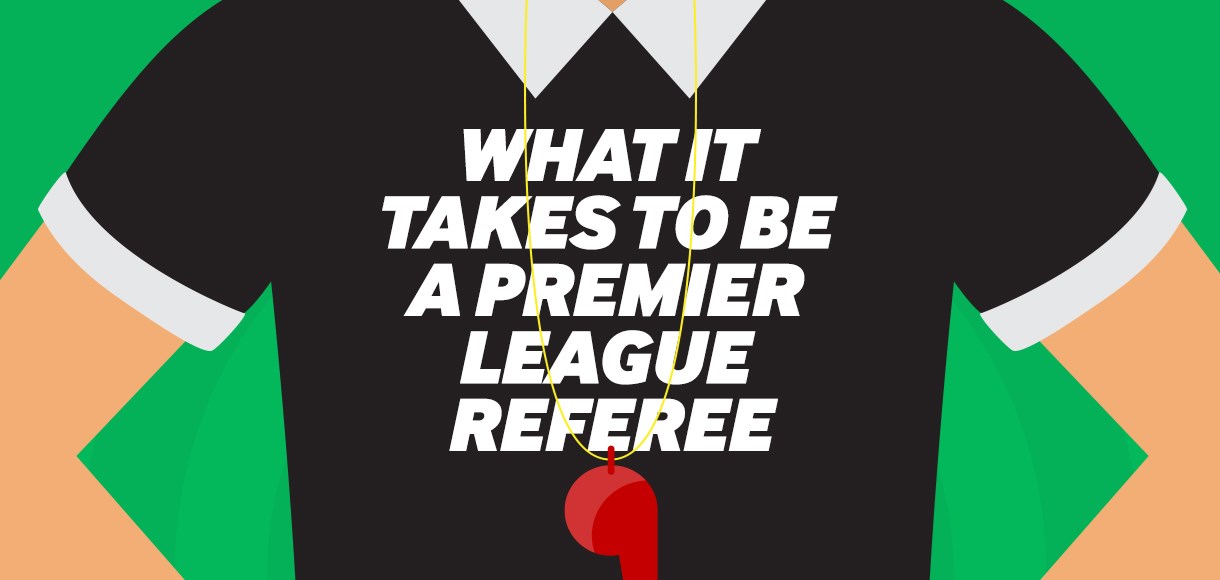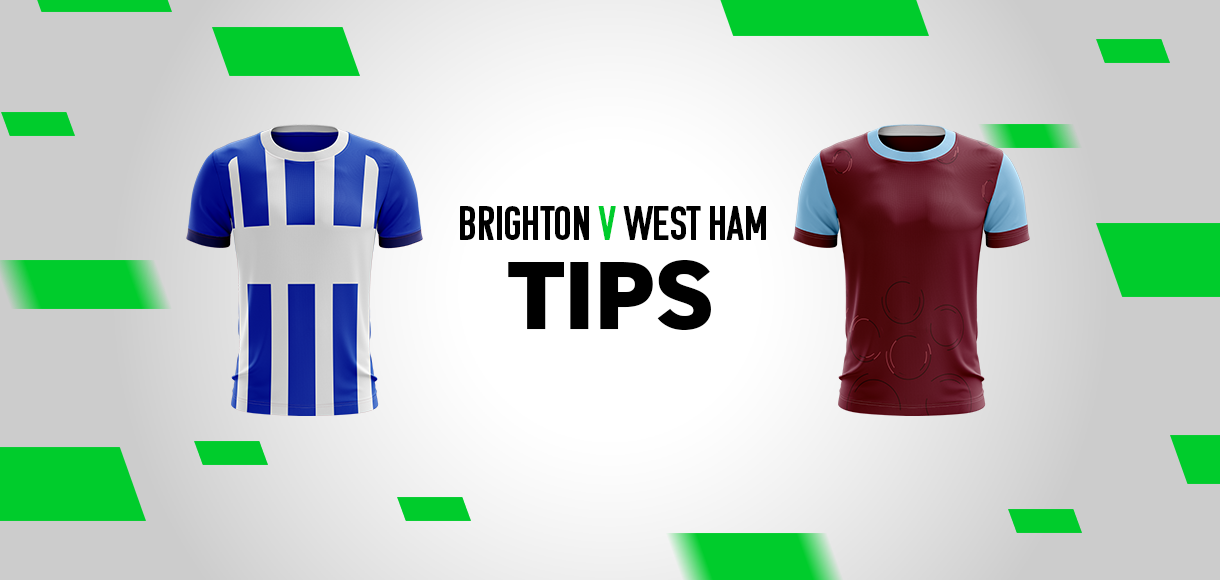Keith Hackett on what it takes to be a Premier League referee

The ex-PGMOL general manager discusses Michael Oliver, VAR and why match officials would make less errors if they were in better physical condition.
"The problem is that the game is officiated by human beings. And human beings make mistakes."
Having been chief of PGMOL – the body that maintain refereeing standards in the Premier League, EFL and FA – Keith Hackett knows better than anybody that incorrect decisions will always be a part of football.
That does not mean, however, that match officials should ever stop striving to be the best they can possibly be.
The key to achieving that, says Hackett, is fitness, which is why it must be maintained all year round – including the off-season.
"That management of their own fitness levels is important," he says. "They know full well that they’re going to have to take a fitness test laid out by FIFA at the start of the season."
Hackett was "pretty strict" on that during his time as PGMOL general manager between 2004 and 2009.
"If he failed, he wouldn’t get any games, and he would only get one other chance to take it for the whole season," he says.
Hackett refereed at the highest level between 1976 and 1994, long before it became a full-time profession. He appreciates that the demands on officials' fitness is now greater than ever.
The average distance covered by a Premier League official has risen from 10,000m per match to 13,000m in the last 30 years, he says, while sprints are up from an average of 25 per match to more than 50, with the likes of Manchester City - to win the 2018/19 Premier League title in the latest football betting - rapidly speeding up the game.
And while a report in March 2018 revealed that Premier League referees get 98 per cent of decisions right, making just five errors out of 245 per game on average, Hackett says the ones that do occur, are because "they don’t see it”.
"You don’t want referees who guess, so the end goal is to have that dynamic when, if they’re caught out of position, they can put in a two or three-metre sprint to get into a viewing position.
"Some of our current referees lack that, I’ll be honest."
Not Michael Oliver, though, who Hackett believes to be "the best in the country right now".
"Eighteen months ago, I was saying his work rate’s poor, he needs to engage more with players and talk more. But he’s brought that into his game."
The Sheffield-born Hackett believes in tough love. "Nice lads", he says, "don’t make good referees".
"Alex Ferguson was a great manager, he treated [David] Beckham like a son. But that didn’t stop him throwing the boot at him and hitting him."
Hackett was more than happy do that – albeit figuratively – when he was in charge.
"I once saw Howard Webb at Blackburn Rovers, and he was playing far too much advantage," he says.
"I phoned him on his way home and said: 'Look Howard, I need you to tighten up a bit. I know you're experienced but you're being a touch too liberal, mate.
"'Step back a bit and show everybody that you're capable of managing a game, which you are.'"
In addition to enforcing the rules of the game, Hackett says referees must also be able to communicate properly.
That was a process he sought to improve at PGMOL, creating a "triangle system" to appease controversial moments.
"If your player's at B and you're at A, on the triangle the other point is C - that's where I want you to meet him," he says.
"So I want you to not walk towards him, I want you to walk towards C, isolate him, and then have a conversation.
"And that's got to be done not in his face, but an arm's length minimum away from that player. Otherwise you're seen to dominate."
Hackett, who combined refereeing with his job as a sales and marketing director, used a similar tactic with one legendary English footballer.
"We had a situation with Paul Gascoigne, where he was a sub, and picking up yellow cards within two or three minutes of being on the pitch.
"So as a group of referees we said: 'Right, the referee is going to run over as though he is checking the studs, and he’s going to run alongside Gascoigne and say: 'Hey, Gazza, great that you’re on, amazed that you were on the bench. Now, listen, don’t do anything rash.'
"That’s the key to refereeing," says Hackett. "Exchange your knowledge of the game, exchange how managers and players behave."
Hackett, who regards Kenny Dalglish to be the greatest player he ever refereed, left PGMOL almost a decade ago, yet it is clear the 74-year-old cares about refereeing as much as ever.
Having "pushed for goal-line technology after Roy Carroll dropped the ball over the line at against Tottenham" in 2005, he believes VAR "is a natural step forward" for football.
"The referee has only got one pair of eyes, and you've got a minimum of 22 cameras at a Premier League game," he says. "It's out of balance.
"We were always better in my era because there were only three cameras, and there were only 20 minutes of the match shown. They never exposed us."
Hackett believes a greater emphasis on teamwork is essential if the technology – which was deployed at this summer’s World Cup to mixed reviews – is to become a success.
He would like to see a situation where match officials "can operate in a room where they know each other and there’s a level of accountability", citing the controversial penalty decision in the World Cup final as an example.
"You had a wonderful Argentinian referee, Nestor Pitana, and an Italian VAR, who was saying there’s an error with the handball.
"If you had an English team with Webb, Clattenburg or [Mark] Halsey, ex-referees who are no longer in competition, saying to Michael Oliver: 'That’s a penalty', Michael’s going to take it.
"It should be a team of match officials, to develop trust between them all."
Hackett's views on officiating remain as forthright as ever. So, too, are the principles he first brought to the game more than 40 years ago.
Click here to visit Betway's football betting page.




































